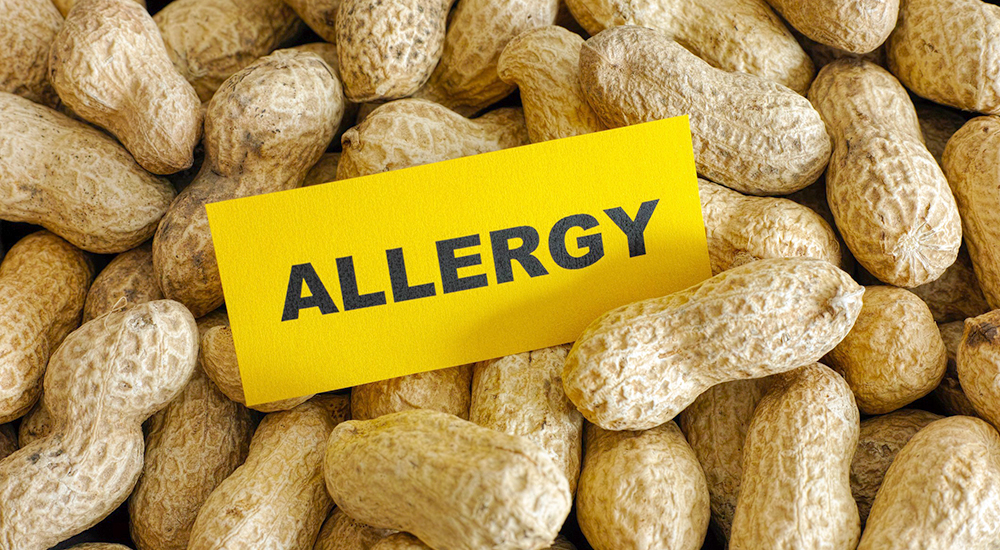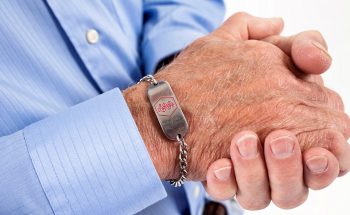I was recently talking to a Veteran with a peanut allergy. Someone with good intentions had given him a granola bar that day, not knowing about his allergy.
Thankfully, he read the label before opening it and saw that it would not be safe for him to eat. However, close calls like the one he experienced can happen far too often for people with food allergies.
Approximately 15 million Americans have food allergies, according to CDC. Each year, 30,000 require emergency medical attention because of these allergies. There are eight foods that account for most of these serious allergic reactions: peanuts, tree nuts, milk, eggs, fish, shellfish, wheat and soy.
But what exactly is a food allergy?
In recent years, there has been increasing confusion over the difference between food allergies and food intolerances. For example, gluten sensitivity and lactose intolerance are commonly referred to as “allergies.”
However, true food allergies occur when the body’s immune system reacts to otherwise harmless proteins in a food as if they were harmful invaders.
The immune system launches an attack against them, causing symptoms that can range from mild – such as an itchy mouth – to severe, such as closing of the airway and anaphylactic shock.
To stay safe, people with food allergies must carefully avoid the offending food. This can put people with food allergies at higher risk of vitamin and mineral deficiencies, so it’s a good idea to talk to a dietitian to find out how you can make sure you are meeting your needs.
Here are some other tips for living safely with a food allergy:
- Be sure to read labels closely when purchasing in the grocery store.
- When dining out, tell your server about your allergy, even if you don’t think the food you are ordering is likely to have your allergen in it.
- When ordering online or getting meals delivered, be sure to make a note of your allergen on your order.
- If someone is cooking or baking for you, make sure they know about the food allergy beforehand so that they can be sure to use only safe ingredients and thoroughly clean their kitchen and cooking equipment to prevent contamination.
If you have a severe food allergy, make sure that the people around you (family, friends, co-workers, etc.) know about your allergy. Learn to recognize the early symptoms of an allergic reaction.
Always wear a medical alert bracelet and keep an emergency kit close. If you have an EpiPen, monitor the expiration date.
If you’re interested in learning more, contact your local VA to speak with a registered dietitian. Your VA dietitian can help you plan your diet to avoid missing out on important nutrients to keep you and your family healthy.
Erica Golden is a registered dietitian at the Sam Rayburn Memorial VA Medical Center’s Community Living Center.
Topics in this story
More Stories
Study underscores important role COVID vaccination can have in protecting Veterans from infection and reducing long-term health consequences
Columbia VA’s robotic surgery teams completed their 800th robotic surgery and are on schedule to hit 1,000 by the end of the year.
In a decentralized clinical trial, Veterans can participate from their own homes or local VA instead of having to travel to a research site.







